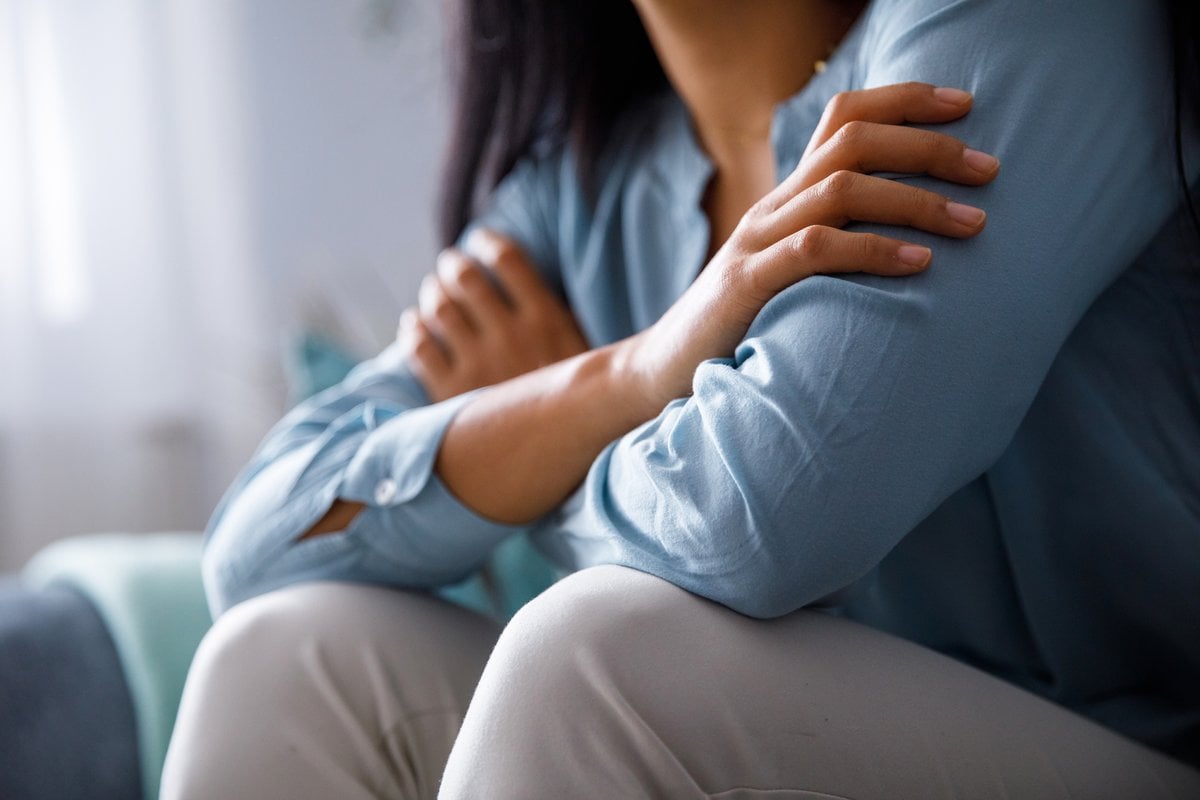
The author of this story is known to Mamamia but has chosen to remain anonymous for privacy reasons.
This story mentions a suicide attempt and could be triggering for some readers.
To many people, rehab can seem like a daunting place, but if you have ever hit rock-bottom like I have, the idea of losing everyone and everything around you is so much more terrifying. There’s a perception that rehab is where you go to detox and have a few therapy sessions. What most people don’t realise is that your time in rehab will be so much more. You’ll gain clarity and understanding, learn how to deal with triggers and past traumas, and begin a new life – one in recovery.
There’s a saying that ‘you get out of it what you put in’ – and this couldn’t be more true. For those who enter rehab thinking it will be simply a ‘break’ from the complex world in which we live or a few weeks in a relaxing retreat, I can tell from first-hand experience, that it’s not. For rehab to be successful, you have to be committed and fully lean into the experience.
In the seven years leading up to my time at rehab, I had two life-altering events. My father died, and only 12 months later, my husband was in a major motorbike accident. His injuries were severe and at one point he was under the care of 12 specialists. With my father gone, I had very little practical support. For five years I raised three young children, whilst caring for my husband as he recovered from his injuries. It was during this difficult time that I began suffering chronic depression and abusing alcohol. I was struggling with life on a daily level, and to cope, I was consuming a bottle of wine a night. If something else was on hand, I would have that too. It wasn’t until I bought a bottle of vodka and hid it I realised my drinking had become a serious problem.
